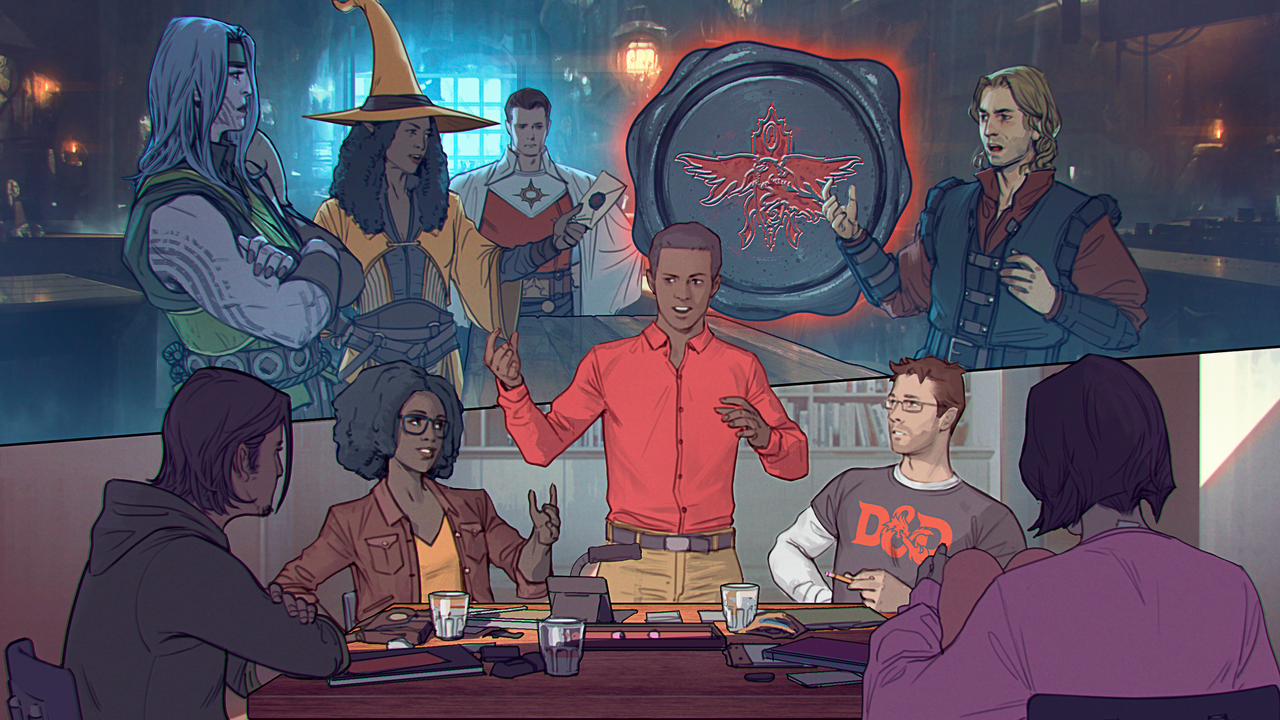
If you know any of my writing on this site, you know I've been just a wee bit critical of Dungeons & Dragons—while I did like the 2024 ruleset overall, I have larger structural issues that have more to do with Hasbro's bungling of just about everything—and the idea of D&D as a whole stagnating. The departure of long-standing talent and the layoffs haven't helped.
Still, there's a glimmer of hope among the unpleasantness. In a recent post to D&D Beyond, the new head of D&D Dan Ayoub seems to be saying all the right words.
First-up, Ayoub says that Wizards of the Coast will be updating the Systems Reference Document (SRD) "on a rolling basis". In other words, WoTC will be "committing to long-term access and support of this resource through the errata process. This ensures the SRD will remain up to date with the latest standards and mechanics for creators to use in their works."
If I were to take a fully optimistic view on this—especially based on the tone of the rest of this update—that'd mean that the SRD will be updated with mechanics from new rulebooks. Which is important, given the SRD determines what third-party creators can and can't reference in the sale of the work. To dip my toe into the corpo-speak for a moment: A more robust SRD means more for D&D's third-party ecosystem to latch onto.
The second promise Ayoub makes seems more like an olive branch than anything, but hey, at least it's being extended: After the trainwreck that was Sigil, D&D Beyond seems to be turning its eye to its 2D virtual table top and building that out, instead.
"Starting September 16, in time with the release of Heroes of the Borderlands, all D&D Beyond registered users can run games on the Maps virtual tabletop (VTT) —no subscription required.
"The core experience will be made available to everyone: If you own a map, module, or adventure on D&D Beyond, you can use it on Maps and invite your friends to play. Period."
The Master Tier subscription will still unlock new features, like being "able to upload homebrew maps, custom tokens, and access exciting tools built just for you." On the face of it, that's reasonable. Alternatives like Roll20 have subscription models, and Foundry has a license fee.
The real question is whether D&D Beyond can actually compete with those options, which will take some work, for sure—still, a lotta people use D&D Beyond and don't want to wrangle with sheet importers. Dare I say it, this actually seems like the smart play? Somebody pinch me.
Lastly, something I actually really like: A "rotating advisory group made up of creators, publishers, educators, and fans", plus a "creator spotlighting program that will highlight third-party creations across our official channels".
This is genuinely a solid move, if WoTC walks the talk it's talking. With the OGL fiasco in the rear-view, embracing the idea of third-party supplements is absolutely the way forward. Some might say overdue, but spotlighting third-party products on Wizards' actual channels seems like a serious gesture of goodwill.
It feels a little bittersweet, though, given Todd Kenreck, a mainstay social media manager and interviewer who worked for WoTC, was laid off recently. It feels like he should've probably been kept around for this bold new direction—but, hey, otherwise? I'm just barely cautiously optimistic for the system's future, but that's a marked improvement.







